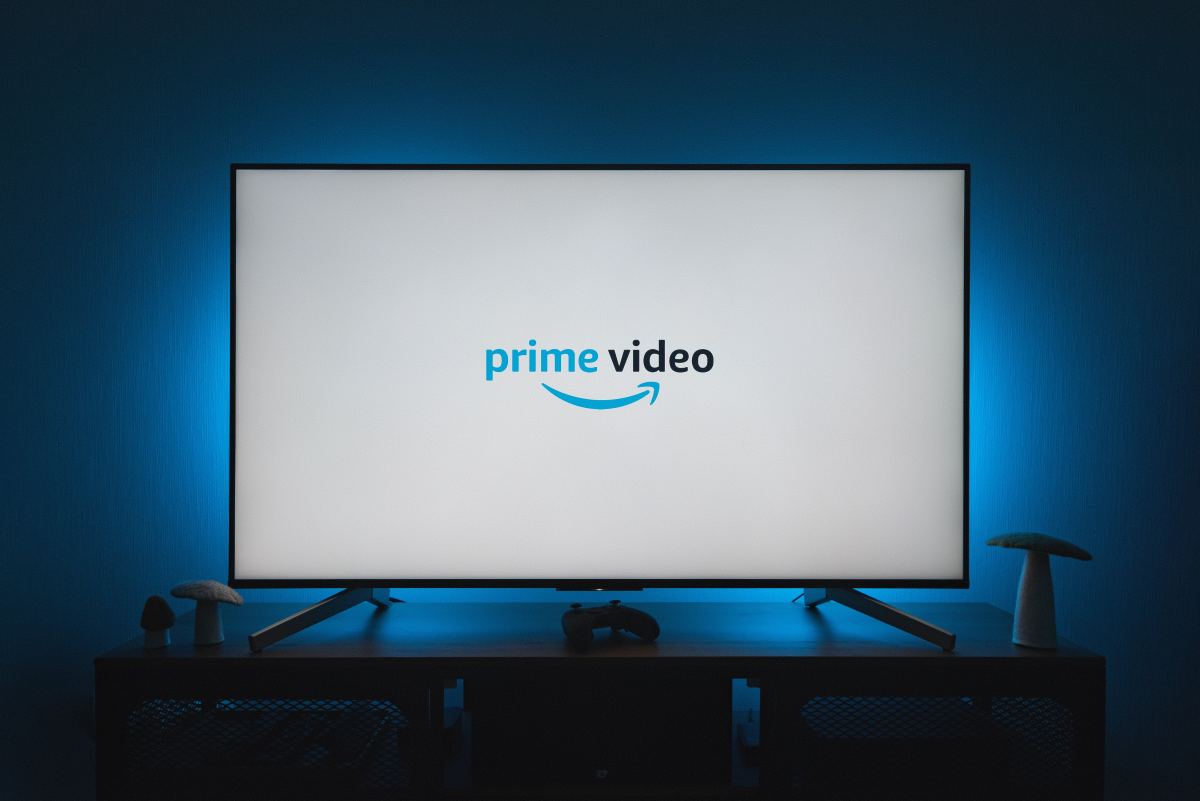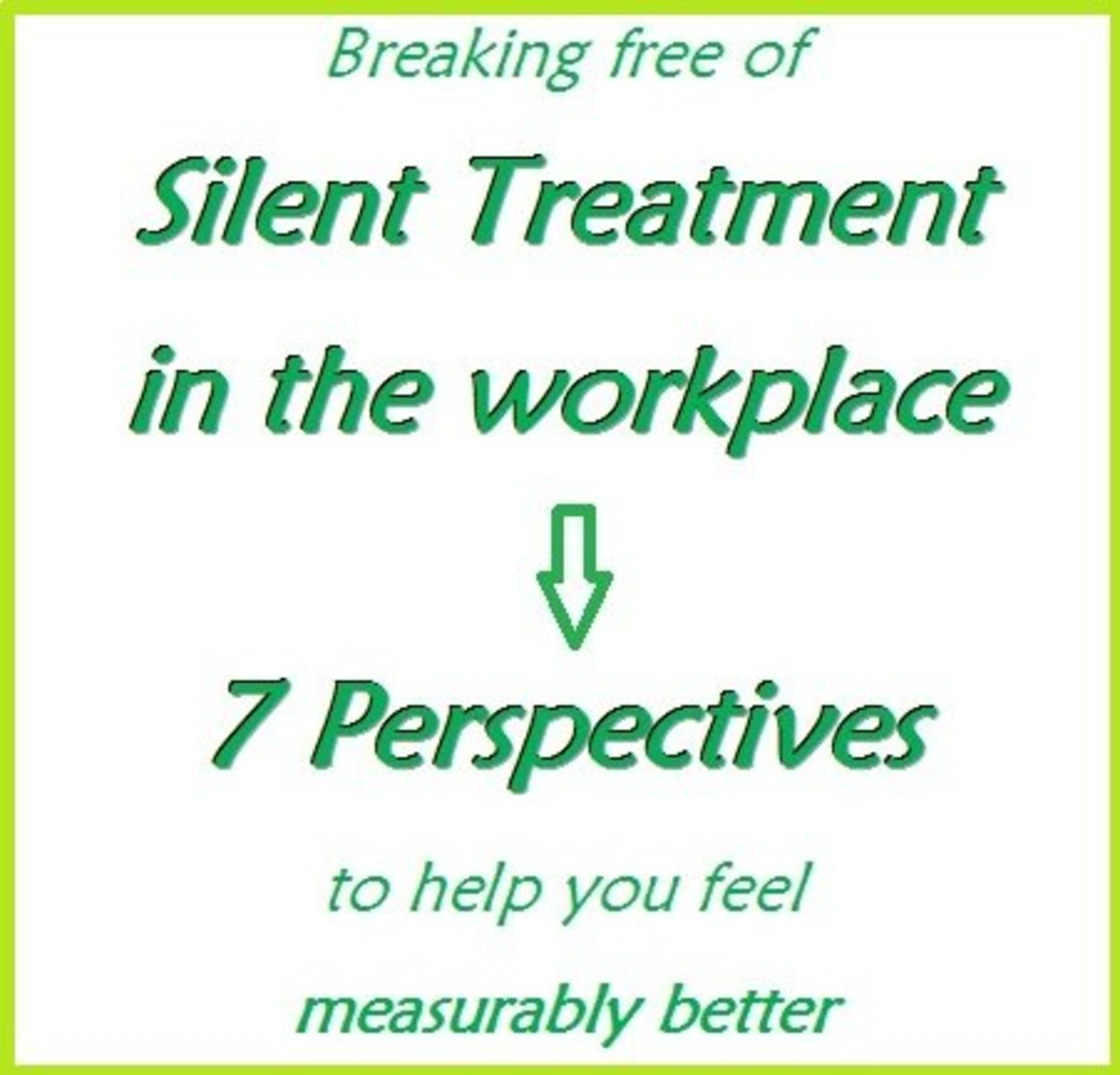Copywriting Tips

A professional copywriter spills his secrets for your benefit!
This lens contains questions and answers on writing, editing and proofreading.
My clients have taught me much over the years. And vice versa.
I've created this resource so they (and you) can learn at leisure.
At this stage, I'm just posting queries and responses as they arise. Down the track, I'll put everything in an intuitive order for easy access.
I warmly welcome your frank response to anything on this lens.

You may write better than you think!
'Experts' aren't always the sharpest pencil in the box. Don't sell yourself short.
Be careful when incorporating other people's writing into yours.
I'm not talking plagiarism; I'm talking errors.
If you assume the other writer is better than you, you may sell yourself short.
Worse, you may check your writing for errors, but not theirs.
This leaves your communication vulnerable to mistakes you didn't make. A double tragedy!
Every organisation and person has a 'brand'.
Every communication builds or erodes that brand. There's no middle ground.
Perfect communications build your brand.
Make your communications perfect.

How to name things
Some names stand alone. Others need a little help.
When naming a company, course or other corporate thing, there's a risk your choice may be a little 'dry'.
You don't want to put your audience to sleep.
On the other hand, you can't be so 'way out' that you damage your brand.
A good solution is to have a creative title with a 'sensible' subtitle (or vice versa).
This two-pronged approach usually satisfies most audience members.
I used it this morning, with an article on leadership.
My title, Learning Leadership, was dry but functional.
My subtitle, How to Get Support from Above, Around & Below, added meaning and context and was a bit more 'with it'.
When trying to come up with name options, the blank page can be very daunting. So I use what I call the 'shotgun' approach.
I define this in the intro I write for lists of names I prepare for clients:
This list comprises a broad spectrum of serious suggestions, potential thought starters and light-hearted ideas.
By casting the net as wide as possible, I hope to either catch a winning idea or produce one in the mind of another.
Recombine components for more permutations.
If you can't decide between several suitable names, run them past a trusted group of people from the audience/s you wish to reach.
Their feedback should guide you to a single choice.
This approach can take a while, but it invariably produces an ideal result.
If you're stuck for a name, think of mine!

What is the 'passive voice'?
If it's hard to read, they won't.
Many documents I edit are written in the 'passive voice'.
The passive voice is very bad news for communications, as it demands a greater number of longer words that are harder to read.
Recently a client asked what the passive voice actually means.
Here's my light-hearted response:
'Dear Fred,
This response has been cast, by me, in the passive voice, for the amusement of you.
Your words that are kind have made me experience a feeling of gratitude.
It is a matter of pleasure to me that the suggestions made by me were found by you to be of some benefit.
Unfortunately, the PDF which was attached by you to your email was not received by me, but hope is held by me that it will be sent by you to me.
Eventually.
The final PDF is something that perhaps ought to be beheld by me, if not for the purpose of proofing, then at least for the purpose of placement by me in the archives belonging to the company of which I am Founder.
I am hopeful that this response will be found to be helpful.
By you.
Well, that's all from me.
Best regards,
P.'
Get my drift?
If you don't, we may need to get passive aggressive!

The quick and the dead
In tough times, small is beautiful.
As a freelance copywriter, I watched clients past and present deal variously with a year of 'interesting times':
One client terminated a chronic poor performer, so he could keep his better staff.
A second gave accounts payable to his wife - who paid my invoices twice as fast!
A third saw contract termination as a happy excuse to knock on different doors. He scored a fresh, new role in just two weeks.
A fourth used his quiet time to commission a blog and reengineer his website for the soon-to-be-obligatory live Web 2.0 feeds.
These were all small to medium firms.
The smaller they were, the faster they moved and the more they treated the global financial crisis as an opportunity, rather than a threat.
On the other hand, two larger (former) clients took a more traditional approach:
One suspended their industry newsletter, just as customers sought leadership and staff needed a morale boost.
Another retrenched all but a skeleton crew.
These unhappy few were given cruel workloads and a 20% pay cut.
The pressure was crippling and word of their torment spread far.
And wide.
Brands have been damaged; perhaps even smashed. I can't see either of these companies racing ahead any time soon.
Though my data are obviously insignificant, my observations suggest that in tricky times, small is beautiful.
Leaner, keener, stronger and smarter for their experience, I fully expect my nimble SME clients to lap their competition in the sunnier season ahead.

Fanatics rule
Special work needs special people.
Every now and then I realise what a fanatic I’ve become.
As with this email to a client today:
'Dear Sybil,
With regard to compass directions, very few dictionaries use a space (i.e. north east).
The Oxford (and 12 other dictionaries) use hyphens (i.e. north-east).
24 (mainly US) dictionaries use no space (i.e. northeast).
As the module I’m working on makes significant use of these terms, I wanted to get direction (tee hee) from you.
I’d like to use hyphens.
Would that be OK with you?
Best regards,
P.'
Yet proofreading demands fanatical attention to detail.
It’s the only way to get things 100% right.
So I’m happy to be nuts about this stuff.

Making myself redundant
I feel pride when a client no longer needs me.
As a copywriter, I strive to help my clients:
1. Build their brand.
2. Dominate their market.
3. Make their fortune.
As I go along, I also try to do one more thing: make myself redundant.
I want my clients to grasp the basics of my profession so they become better writers.
By writing better copy, they need me less. They save money and their confidence grows.
This isn’t good for my mortgage, but I do get a warm fuzzy.
When a client I’ve been working with sends me something they’ve written and I can’t significantly improve it, I feel great pride.
This once happened in as little as 18 months.
This client took great care to re-read each of his original documents, next to my optimised versions, to see all the changes I’d made.
If he asked why I’d made a particular change, I happily explained my method in full.
Eventually, he picked up enough basic editing know-how to write good, tight copy every time.
If you’re this way inclined, you can become a better writer and get to the point where you don’t need me.
On the other hand, if you’d rather shoot from the hip and let me groom your words forever, I’d love the ongoing work!
The choice is yours. But I hope this post shows that when I take on a client, I truly care about their prosperity.
Enough to put myself out of a job!

Bio
Sometimes you need a bio, which is much smaller than a resume.
The other day a prospective client asked what I charge to write a professional biography (bio).
Here’s what I said:
'Given a decent resume and a sample of a bio you like, I could do a 100-150 word bio in around 30-60 minutes.
At my hourly rate of $120/hr, that’s $60-120+GST.
If I’m given poor (or massively huge) source documents or bad direction, it may take me longer to create what you seek.
As with all copywriting, the clearer the brief and the better the source materials, the better, faster (and therefore cheaper) the job. '
Links
- The Feisty Empire
Paul Hassing's high-end blogging, copywriting, editing and proofreading services website.





